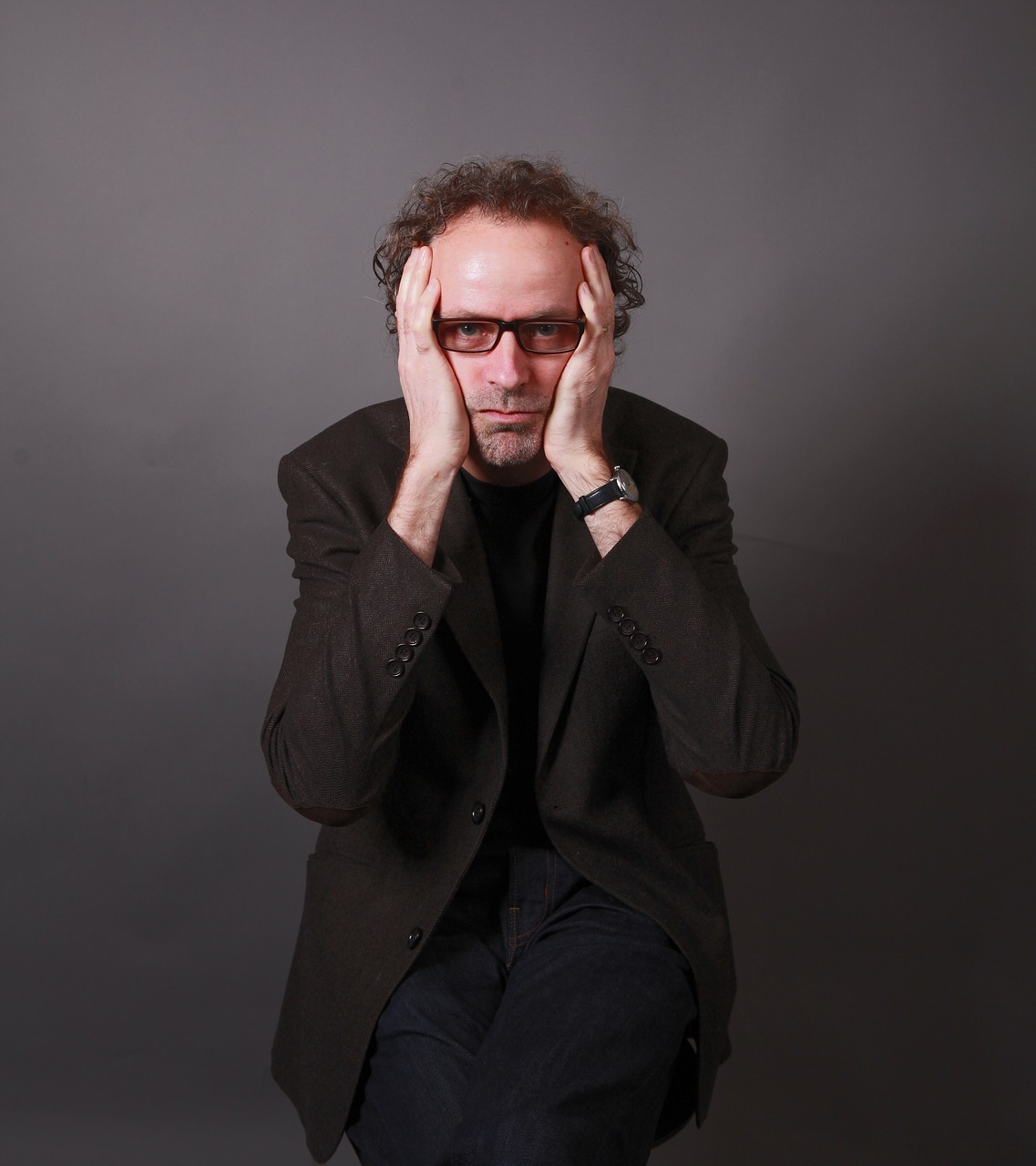“The Morning After: How Poor Sleep Doubles Cortisol Damage”
You wake up groggy, unfocused, maybe even a little panicked.
Your vision feels worse. Your energy is inconsistent. You feel behind before the day even starts.
You might think, “I just didn’t sleep well.”
But the truth is more complex: when you don’t sleep well — especially with CSR — your body wakes up in deficit mode, and cortisol fills the gap.
This entry unpacks what poor sleep actually does to your cortisol curve, how it sets off a chain reaction in your vision and nervous system, and how to stop the spiral before it becomes your new normal.
What Happens to Cortisol After a Bad Night?
Here’s the reality:
Cortisol isn’t just a stress hormone — it’s also a compensatory hormone.
When sleep is disrupted, your body:
- Raises cortisol to boost energy artificially
- Increases adrenaline to fight brain fog
- Disrupts appetite and glucose handling
- Reduces parasympathetic tone — your calm, healing state
This means:
- You wake up more inflamed
- Your nervous system is more reactive
- Your vision is more sensitive and unstable
- You’re more likely to rely on caffeine, screen time, or pushing through
That “wired but tired” state is your body paying off a debt with the wrong currency.
CSR-Specific Fallout from a Bad Night
With CSR, every little variable matters.
When sleep suffers, retinal healing slows and nervous system recovery halts.
Here’s what gets worse after poor sleep:
- Retinal fluid reabsorption slows down
- Cognitive clarity drops, increasing stress perception
- Emotional regulation breaks down, making you more reactive
- Inflammatory load increases, elevating baseline cortisol even further
- Visual distortion can increase, not just perceptually — but physically
You’re not imagining it: after a bad night, your actual condition shifts.
Why This Feels Like “Starting Over”
One of the hardest parts of CSR recovery is that it doesn’t always trend upward.
Bad nights can feel like losing weeks of progress — and in some cases, they can actually reactivate symptoms or delay fluid clearance.
This makes mornings feel:
- Emotionally heavier
- Physically disorienting
- Mentally defeating
But understanding what’s happening biochemically helps you respond instead of react.
How to Handle “The Morning After”
The goal isn’t to panic or overcorrect — it’s to stabilize.
Your Morning Recovery Protocol:
1. Accept, don’t resist.
Let go of the urge to “make up” for the bad night. That just spikes cortisol further.
2. Go outside for natural light
Anchor your circadian rhythm. Even 5–10 minutes helps begin repair.
3. Delay caffeine by 90 minutes
Let cortisol settle before adding another stimulant to the mix.
4. Eat a mineral-rich, grounding breakfast
Protein + fat + salt = hormonal support. Avoid sugar or high carbs.
5. Breathe. Move. Be boring.
Light walk, nasal breathing, no stimulation. Let your system recalibrate.
6. Cancel intensity where possible
If you can move meetings, skip the workout, or delay a stressful task — do it. Give your body a window to recover.
Final Thought
You’re not failing. You’re recovering inside a hormonal system that needs recalibration.
One bad night doesn’t erase your progress.
But how you treat the morning after can either repair the damage — or double it.
Tomorrow, we shift gears.
Next up in Entry 14:
“Cortisol and the Mind Shackle: When Thoughts Trigger Hormones”
We’ll explore how your thoughts — even subtle ones — create chemical changes that feed the cycle of stress, vision disruption, and emotional instability.
You’re not at the mercy of your mornings. You’re learning how to master them.


